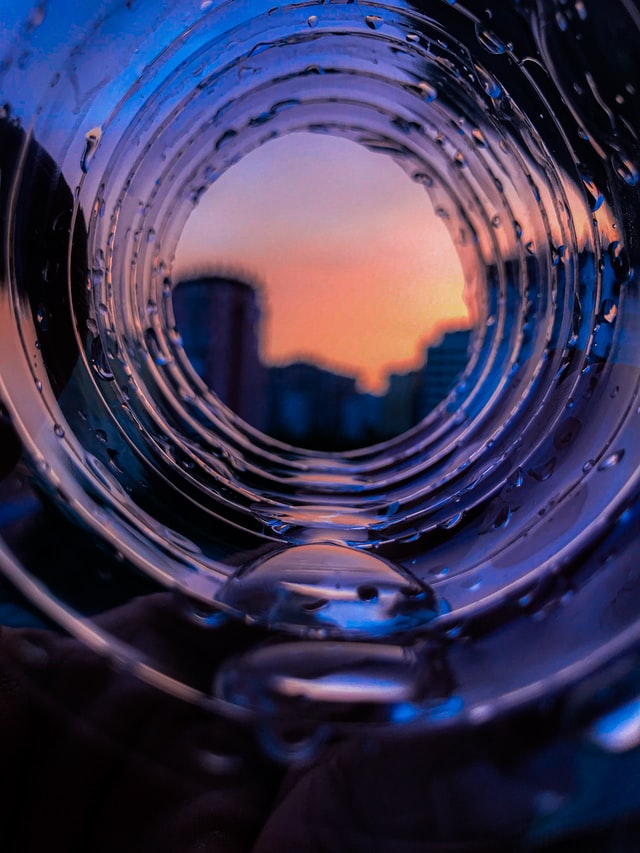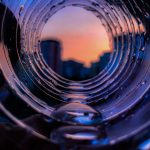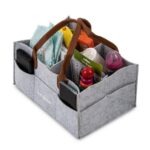Which water purifier is best?
There are many different water purifiers on the market, so it can be hard to know which one is best. To help you decide, we have compiled a list of the top 4 water purifiers.
Below is a list of the top 4 water purifiers:
1) Brita Everyday Water Filter Pitcher – This pitcher has an easy-to-fill lid and comes in a variety of colors. It also has an indicator that tells you when it needs to be replaced.
2) ZeroWater ZP-010 10 Cup Pitcher with Filtration System – This pitcher filters out everything from arsenic to lead and other heavy metals.
3) PUR 18 Cup Dispenser with Filtration System – This dispenser has a sleek design and comes with a filter change
4) PUR FM-2000 Advanced Faucet Filtration System – This is a very popular and efficient faucet filter system that is great for homes with children and pets
Which purifier is best for home?
Purifiers are devices that clean the air in your home. They can also filter out particles and chemicals in the air. There are three main types of purifiers: mechanical, chemical, and electronic.
Mechanical purifiers use filters to remove particles from the air. Chemical purifiers use chemical reactions to remove particles from the air. Electronic purifiers use ultraviolet light to kill bacteria, viruses, and mold spores in the air.
The best type of purifier for you depends on how much space you want to cover, how often you want to replace filters or clean surfaces, and how much money you want to spend on your purifier.
Which filter water is best?
The debate between bottled water and tap water has been going on for a while. Bottled water is often seen as the healthier option, but some people prefer the taste of tap water.
However, not all bottled waters are created equal. There are many different types of bottled water that come from different sources in different parts of the world. Some are better than others when it comes to quality and taste.
So what is the best type of bottled water? It really depends on your taste and preferences, but here is a list of some of the most popular types:
-Tap Water Bottled Water
-Purified Bottled Water
-Fluoridated Bottled Water
-Spring Water Bottled Water(Natural Spring)
Is water purifier harmful?
Water purifier is a machine that can remove contaminants from water. Some people use it to remove bacteria and other harmful things from their drinking water. It has been an important part of our lives since the industrial revolution.
However, some people are concerned about the safety of using a water purifier. They think that this machine might not be as safe as we think it is. The following article will discuss the pros and cons of using a water purifier to clean your drinking water.
The benefits of using a water purifier are:
-Removes contaminants such as bacteria and chemicals in your drinking water
-Filters out unnecessary minerals such as salt, which can lead to high blood pressure
-Improves taste and makes it more palatable for children
Can we boil RO water?
The answer is no, because the boiling point of water is 100 degrees Celsius.

Which is better UV or RO water purifier?
UV water purifiers are more expensive to buy, but they work better than RO water purifiers. UV water purifiers kill bacteria and viruses in the water and make it safe to drink. RO water purifiers, on the other hand, only remove the contaminants from the water.
What is safe TDS for water?
The safe TDS for water should be between 200 and 400 ppm. But there are many factors that can affect the TDS, such as the type of water, the location of the water, and the hardness of the water.
There are many factors that affect how much TDS is safe for drinking water. This includes things like where you live, what type of water you have (tap or well), and how hard your water is.
Which is better RO water or boiled water?
This is a question with no clear answer. It all depends on the person and the water quality.
Some people might prefer boiled water because it’s safer to drink. Others might prefer RO water because it tastes better.
Is drinking boiled water safe?
Boiled water is safe for consumption. It has been boiled for a long time and the harmful bacteria have been killed. Boiled water is also safer because it doesn’t have any lead in it, unlike tap water which can be contaminated with lead from old pipes.
Boiled water is safe to drink because of the high heat at which it was boiled, which kills all the harmful bacteria that can cause illness. Boiled water is also safer than tap water because it does not contain any lead from old pipes, which often contaminate tap water.
Is 35 TDS safe for drinking water?
The World Health Organization recommends that a person should consume 2 liters of water per day. This is about 35 TDS. The current WHO guidelines for drinking water quality is to have a TDS of less than 1,000 mg/L.
How can I check my home water TDS?
You can measure the total dissolved solids (TDS) in your water by using a TDS meter. You can get one at your local hardware store or online.
Total dissolved solids (TDS) are minerals and other substances that have been dissolved in the water by natural processes, such as evaporation or dissolving of minerals from rocks. If you live in an area with hard water, the TDS will be higher than if you live in an area with soft water.
Is low TDS water being harmful?
There is a lot of information about the benefits of drinking low TDS water. However, there are also some people who are concerned about the safety of this type of water.
Low TDS water has less minerals, which are essential to our health, and therefore can have a negative effect on our health. Some effects that may happen due to low TDS water are: stomach problems, skin problems, and eye problems due to the lack of minerals.






Great information. Lucky me I discovered your blog by accident (stumbleupon). I’ve book marked it for later!